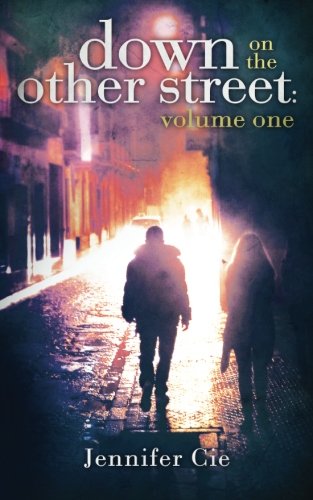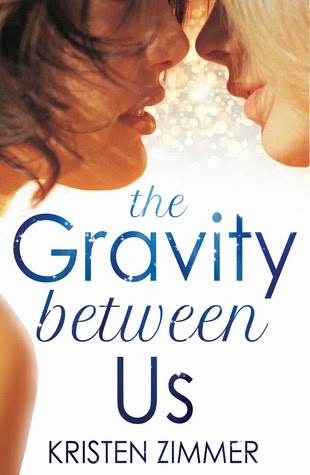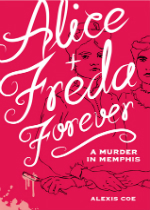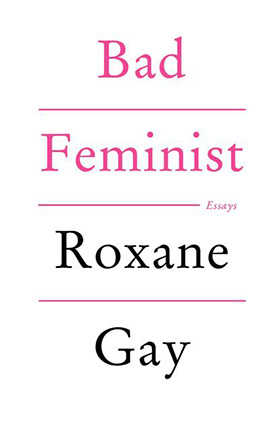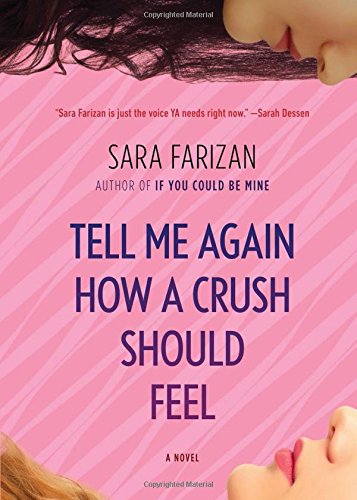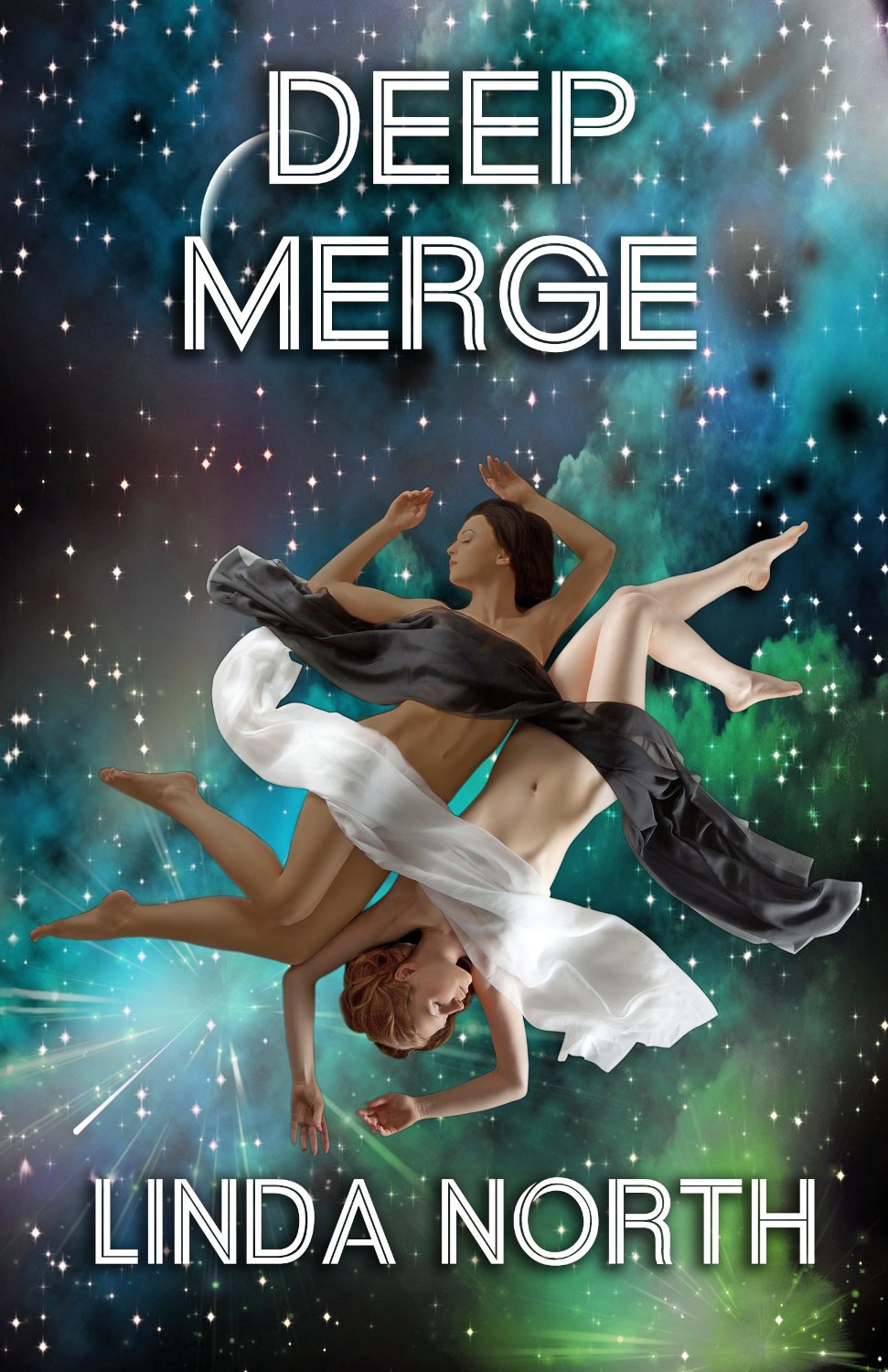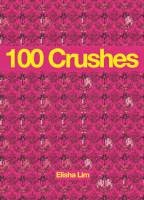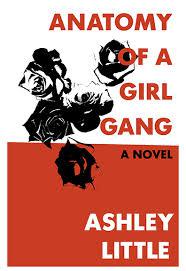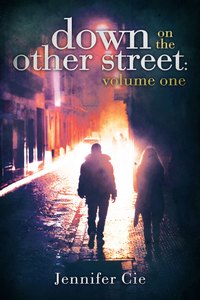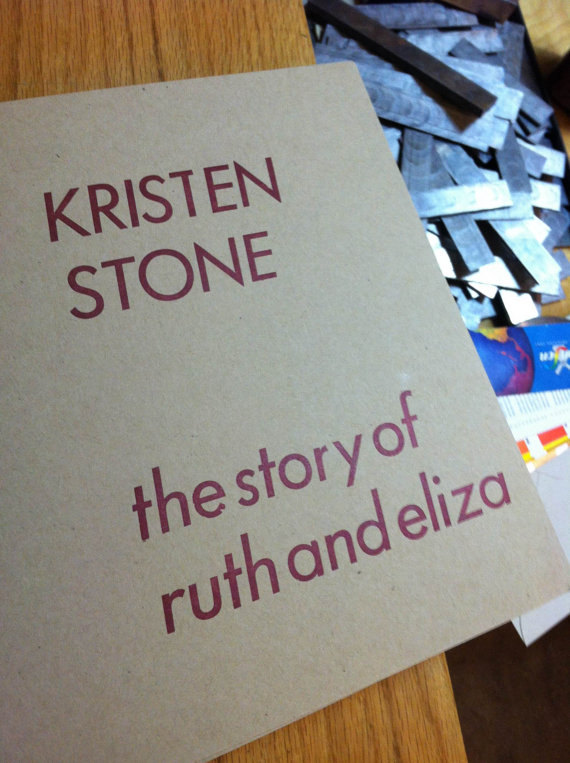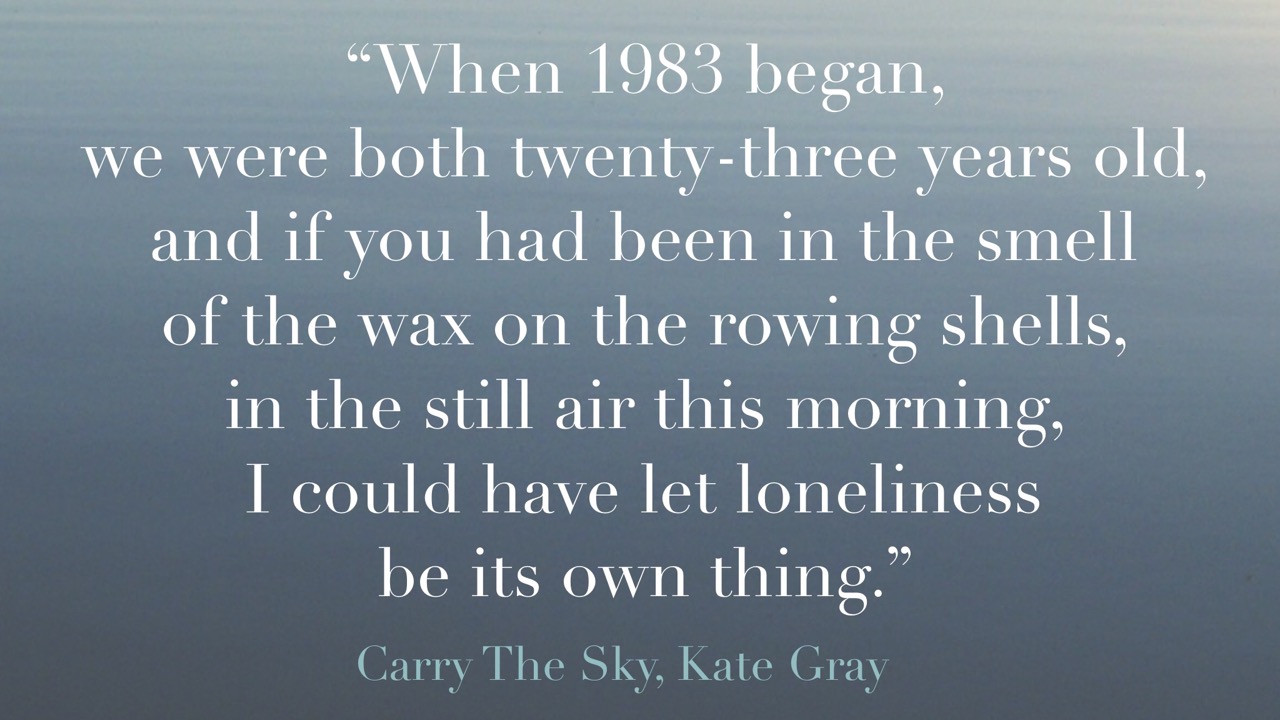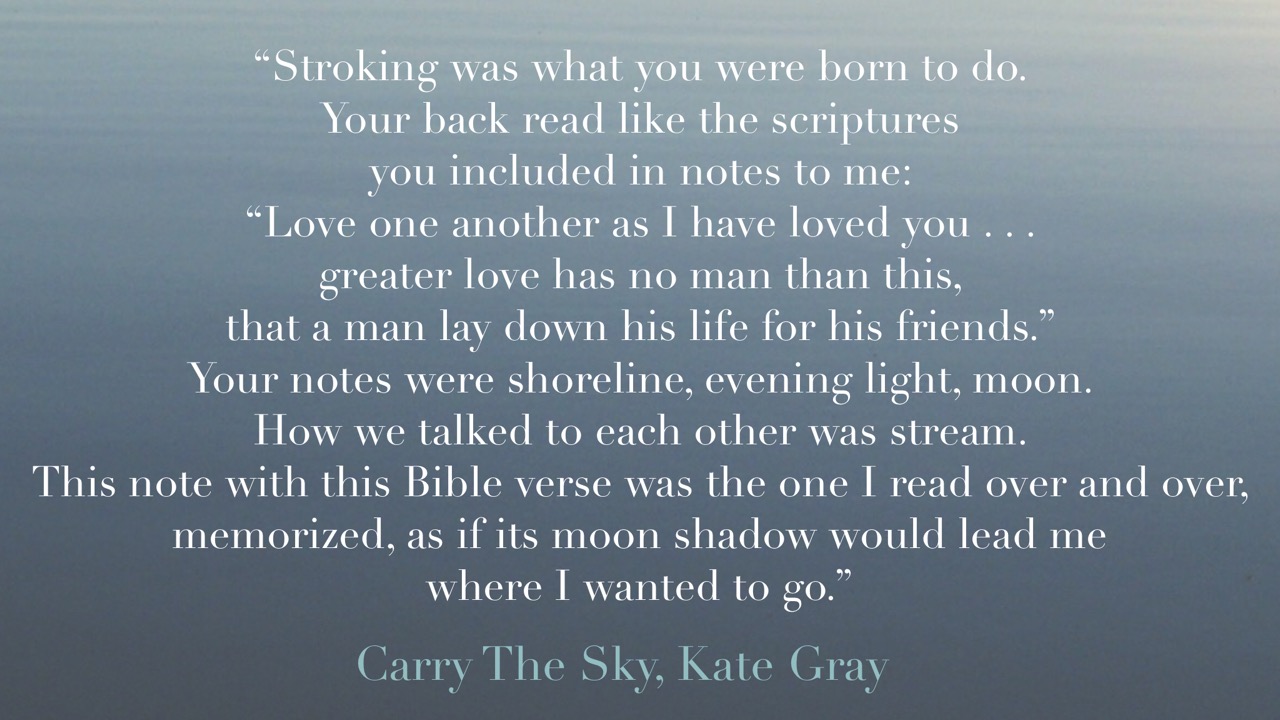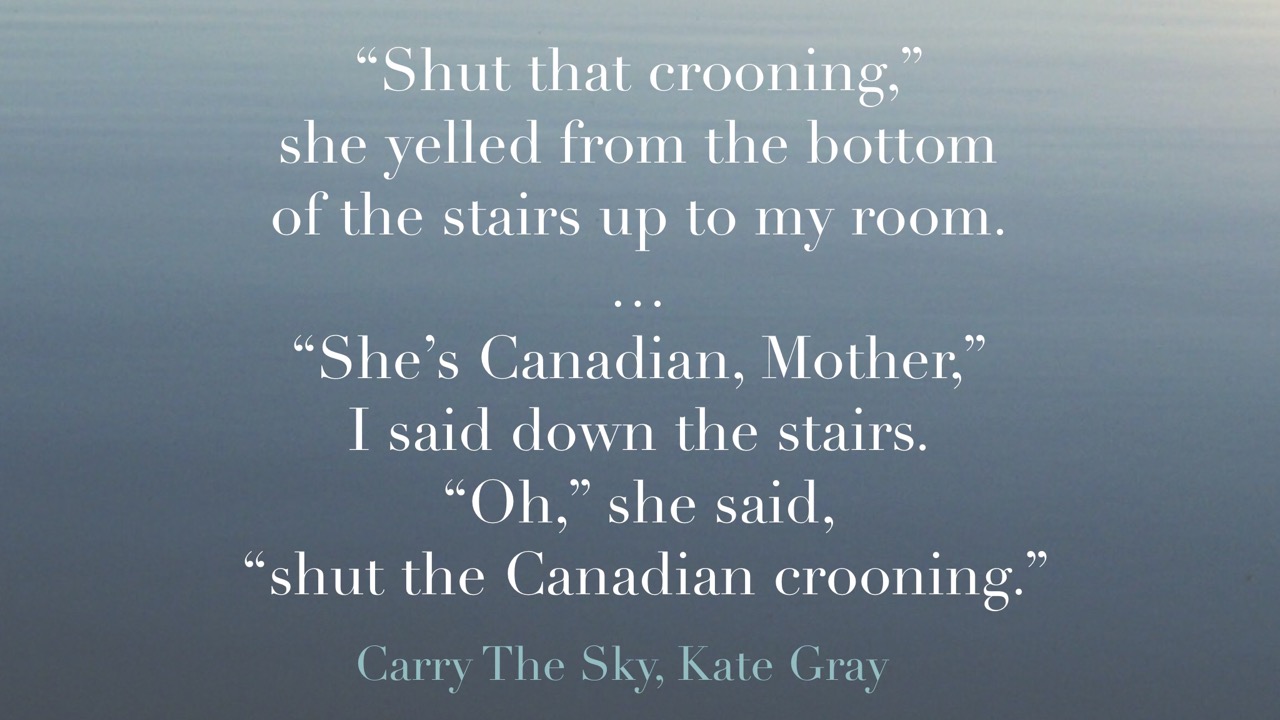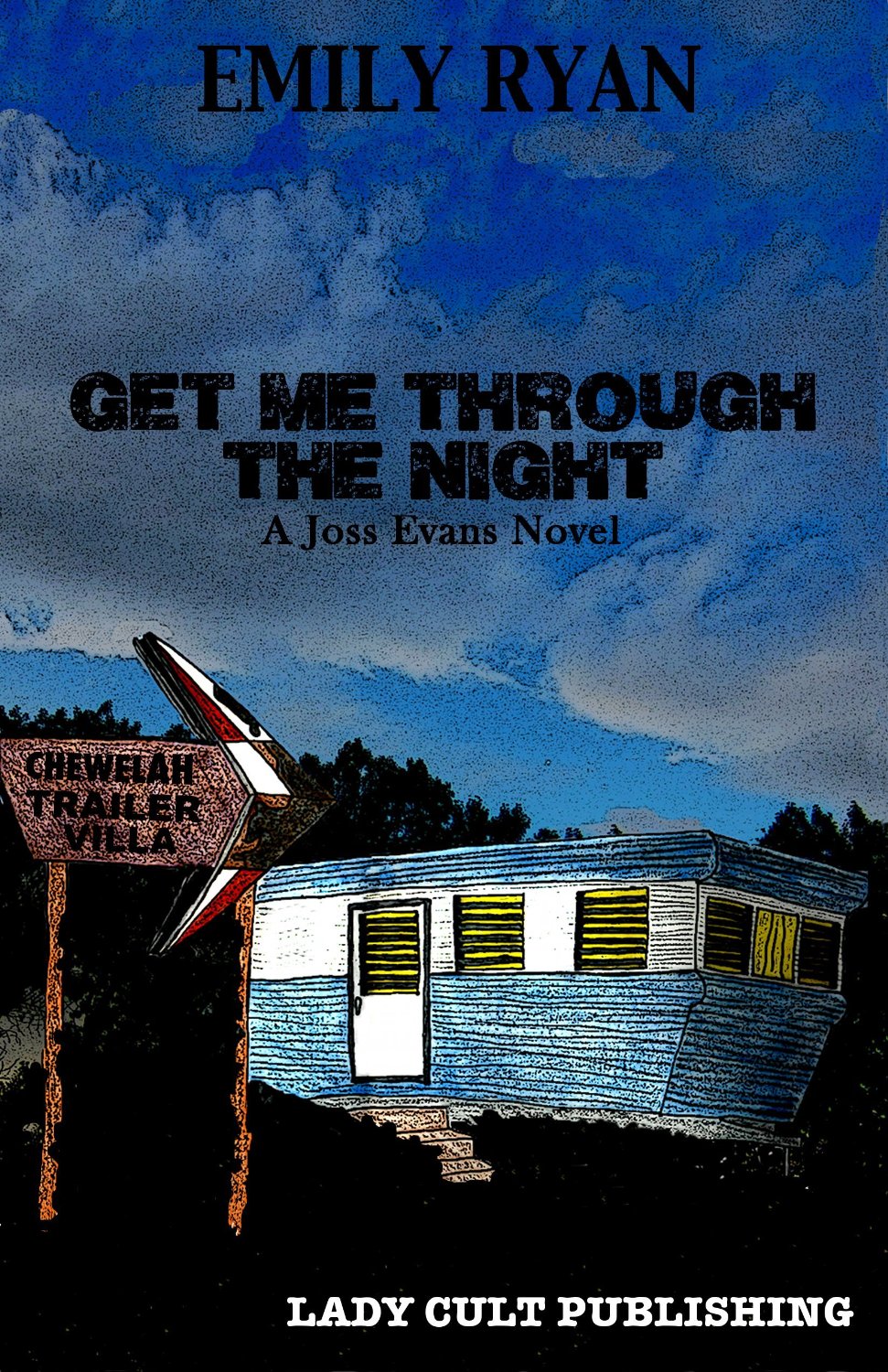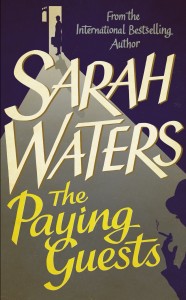 Sarah Waters is my favourite author, with Tipping the Velvet and Fingersmith tied as my all-time favourite books. When I discovered her books, she had already published four novels, which I rapidly devoured. In 2010 she released another book, The Little Stranger, which I enjoyed, but was less eager to get my hands on because it was her first novel with no lesbian content. So ever since I heard about The Paying Guests being released I’ve been chomping at the bit for a chance to read a brand new (lesbian) Sarah Waters novel. It’s one of the very few books that I immediately bought the day it was released. And then, oddly, it sat on my shelf for about a month. My excitement to read it has transformed into a kind of dread. I haven’t read a Sarah Waters book for 4 years: longer than that since I read a lesbian book of hers, which was back when I was a teenager. What if it wasn’t as good as the others? What if I don’t like her writing as much as I used to and it’s not like I remember?
Sarah Waters is my favourite author, with Tipping the Velvet and Fingersmith tied as my all-time favourite books. When I discovered her books, she had already published four novels, which I rapidly devoured. In 2010 she released another book, The Little Stranger, which I enjoyed, but was less eager to get my hands on because it was her first novel with no lesbian content. So ever since I heard about The Paying Guests being released I’ve been chomping at the bit for a chance to read a brand new (lesbian) Sarah Waters novel. It’s one of the very few books that I immediately bought the day it was released. And then, oddly, it sat on my shelf for about a month. My excitement to read it has transformed into a kind of dread. I haven’t read a Sarah Waters book for 4 years: longer than that since I read a lesbian book of hers, which was back when I was a teenager. What if it wasn’t as good as the others? What if I don’t like her writing as much as I used to and it’s not like I remember?
So I went into The Paying Guests with a lot of expectation, though very little knowledge of the plot. I knew it was set in 1920s London, and that involved a woman who takes in a young couple as lodgers, and that there was lesbian content. As I started to read, I relaxed a little. Sarah Waters has a skill of establishing place and mood, and I was soon submerged in the setting, which is different than the more freewheeling flapper stories that I’ve previously read about set in this time period. For Frances, the main character, the Victorian era isn’t that far in the past. I also instantly loved Frances, who struggles to take care of a huge house as well as her aging mother, but still remembers her life when she wasn’t so tied down. The paragraph were Frances first charmed me was
There were spells of restlessness now and again; but any life had those. There were longings, there were desires… But they were physical matters mostly, and she had no last-century inhibitions about dealing with that sort of thing. It was amazing, in fact, she reflected, as she repositioned her mat and bucket and started on a new stretch of tile, it was astonishing how satisfactorily the business could be taken care of, even in the middle of the day, even with her mother in the house, simply by slipping up to her bedroom for an odd few minutes, perhaps as a break between peeling parsnips or while waiting for dough to rise–
A movement in the turn of the staircase made her start. She had forgotten all about her lodgers. Now she looked up through the banisters to Mrs Barber just coming uncertainly down.
She felt herself blush, as if caught out.
It’s interesting how the feel of the time period seems to straddle the line between historical and modern, which was interesting to compare to Waters’s previous books. I found myself thinking that I would love to read them in order of the time period in which each book is set, because she seems to convey the subtle attitude changes through the decades so well.
I enjoyed the romance as well, which seemed natural and compelling, though occasionally verging on the soap operatic. What I wasn’t expecting, however, was the overall tone to the book, which is fairly bleak. It feels similar to Affinity in that way. Most of the book revolves around an event that happens about a third of the way through the book, and because I wasn’t expecting that to be the focus, I was thrown. Even after finishing the book a couple of days ago, I still feel like I’m processing it. It is an excellent book, which definitely lives up to her previous books, but it felt emotionally jarring to me, which is probably because I wasn’t expecting it to be so dark. I would still recommend this one, but I wouldn’t start here as your first Sarah Waters novel.
The rest of my thoughts are spoilers. Highlight to read. I definitely wasn’t expecting The Paying Guests to get so bleak. The description of falling in love is sweet, if realistically syrupy. But the descriptions of falling out of love, of finding yourself hating the person you love, of finding yourself becoming someone you never thought you would be–they were absolutely cutting. Sarah Waters doesn’t just understand setting, she really knows how to portray tangled, messy human emotions. And that–more than the murder, more than the trials–was what horrified me in The Paying Guests. I’m not sure if it was intentional, but I definitely found myself on Lillian’s side more than Frances’s. Frances lashing out at Lillian, beginning to treat her in ways reminiscent of Leonard, it inspired a visceral disgust in me. At the same time, though, I could all too easily understand why Frances was acting the way she was, and could relate in ways that I didn’t want to.
I thought that the ending would really determine what I thought of the book overall. I couldn’t see how Waters could possibly write an ending that was emotionally satisfying, but she managed to find pretty much the only ending that could have worked. It’s more bitter than sweet, but there’s still an element of hope, and maybe some redemption. It didn’t erase the gut reaction I had to the story, though, which I feel like I’m still carrying around. I wasn’t sure how to rate this book after I read it, because it seems unfair to mark it down for being too emotionally affecting, but I also don’t know how to look at it objectively. In the end, I have to think that anything that evokes this kind of response has to be recognized, at the very least, as incredibly skilled. If you feel like having you heart very slowly torn out, pick up The Paying Guests.




